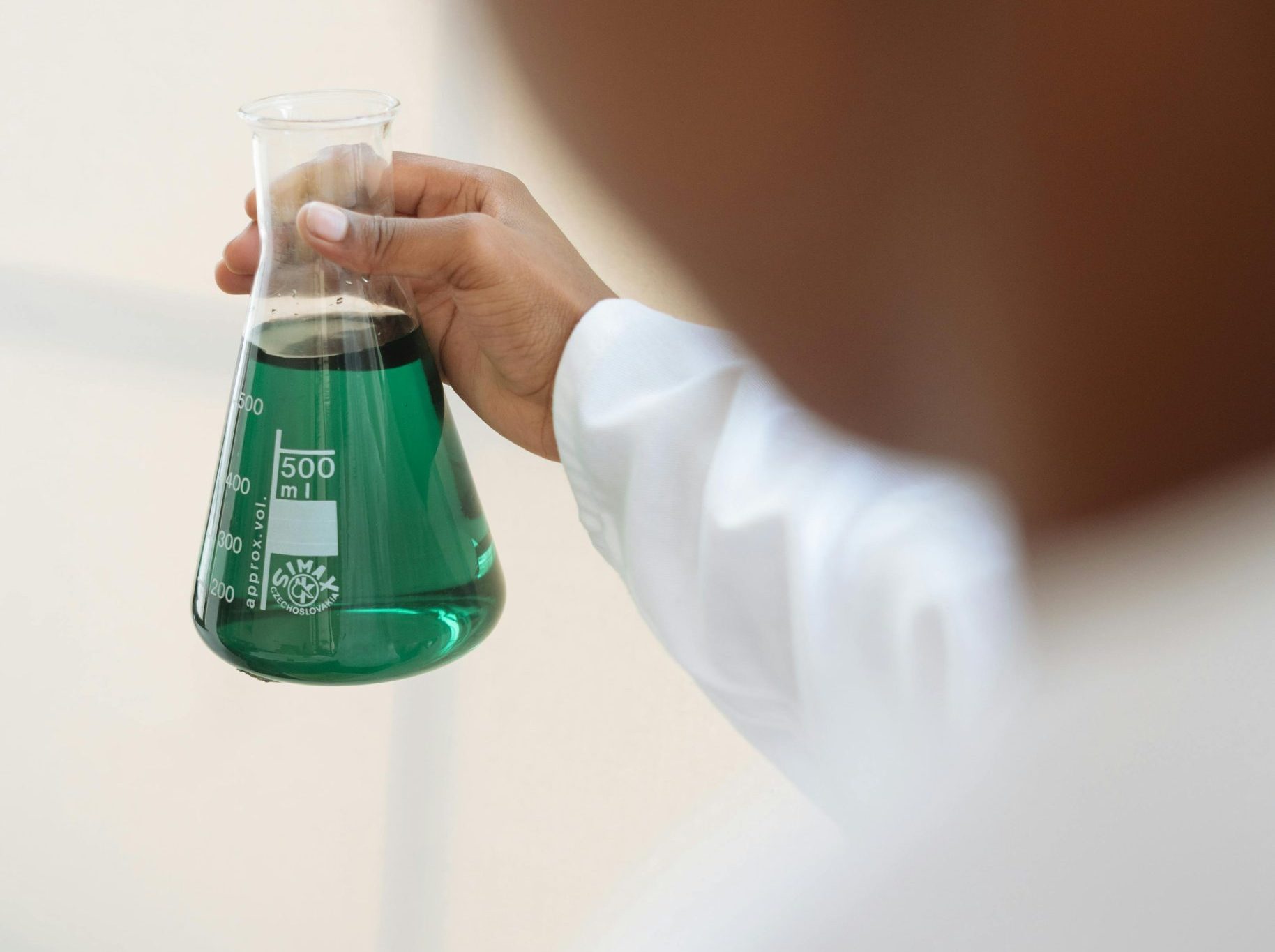
THE PROCESS
We understand the vital role that soil plays in carbon farming. Soil sample laboratory analyses provide essential insights into soil health and carbon sequestration potential.
Our Laboratory partners use strict protocols and quality standards to ensure accurate and reliable results.
This data-driven approach allows us to tailor our carbon farming strategies effectively, optimizing soil management practices for maximum carbon capture and overall farm sustainability. Trust in our expertise to enhance your soil health and boost your farm’s environmental impact.

KEY ELEMENTS
For the need of our projects, we have different type of packages.
Macroelements
Microelements
Organic carbon
Organic matter
INSIGHTS
Accurate soil analyses are crucial for understanding and improving soil health. They provide essential insights into nutrient levels, pH balance, and organic matter, enabling informed farming strategies. By identifying deficiencies and opportunities, soil analyses help optimize fertilizer use, enhance crop yield, and support sustainable farming practices. At Carbonsafe we emphasize the importance of comprehensive soil testing to develop tailored farming strategies that promote both productivity and environmental stewardship.
Awareness
Taking care
Reliability
Soil analyses provide valuable information about soil health, including:
Nutrient Levels: Assessing the levels of essential nutrients like nitrogen, phosphorus, and potassium.
pH Balance: Determining the acidity or alkalinity of the soil, which affects nutrient availability and plant growth.
Organic Matter: Measuring the amount of organic matter, which is crucial for soil structure, water retention, and nutrient cycling.
Soil Texture: Identifying the soil’s composition (sand, silt, clay) to understand water infiltration and aeration capabilities.
Microbial Activity: Evaluating the presence and activity of soil microbes, which play a vital role in nutrient cycling and soil fertility.
SOC (Soil Organic Carbon) Measurements: Direct measurements of Soil Organic Carbon (SOC) are considered the best practice for carbon credits in carbon farming. SOC is a key indicator of soil health and carbon sequestration potential. By accurately quantifying SOC levels through soil analyses, farmers can:
Optimize Carbon Sequestration: Implement practices that increase SOC levels, such as cover cropping, reduced tillage, and organic amendments.
Enhance Soil Health: Improve soil structure, water retention, and nutrient cycling, leading to healthier and more productive soils.
Earn Carbon Credits: Documenting increased SOC levels through direct measurements enables farmers to generate carbon credits, contributing to both environmental and economic benefits.
Comprehensive soil analyses and SOC measurements help farmers in enhancing soil health, optimizing carbon sequestration, and maximizing carbon credit opportunities.
SOC direct measurements
Fertilize optimization
Soil health awareness
Sequestration potential


